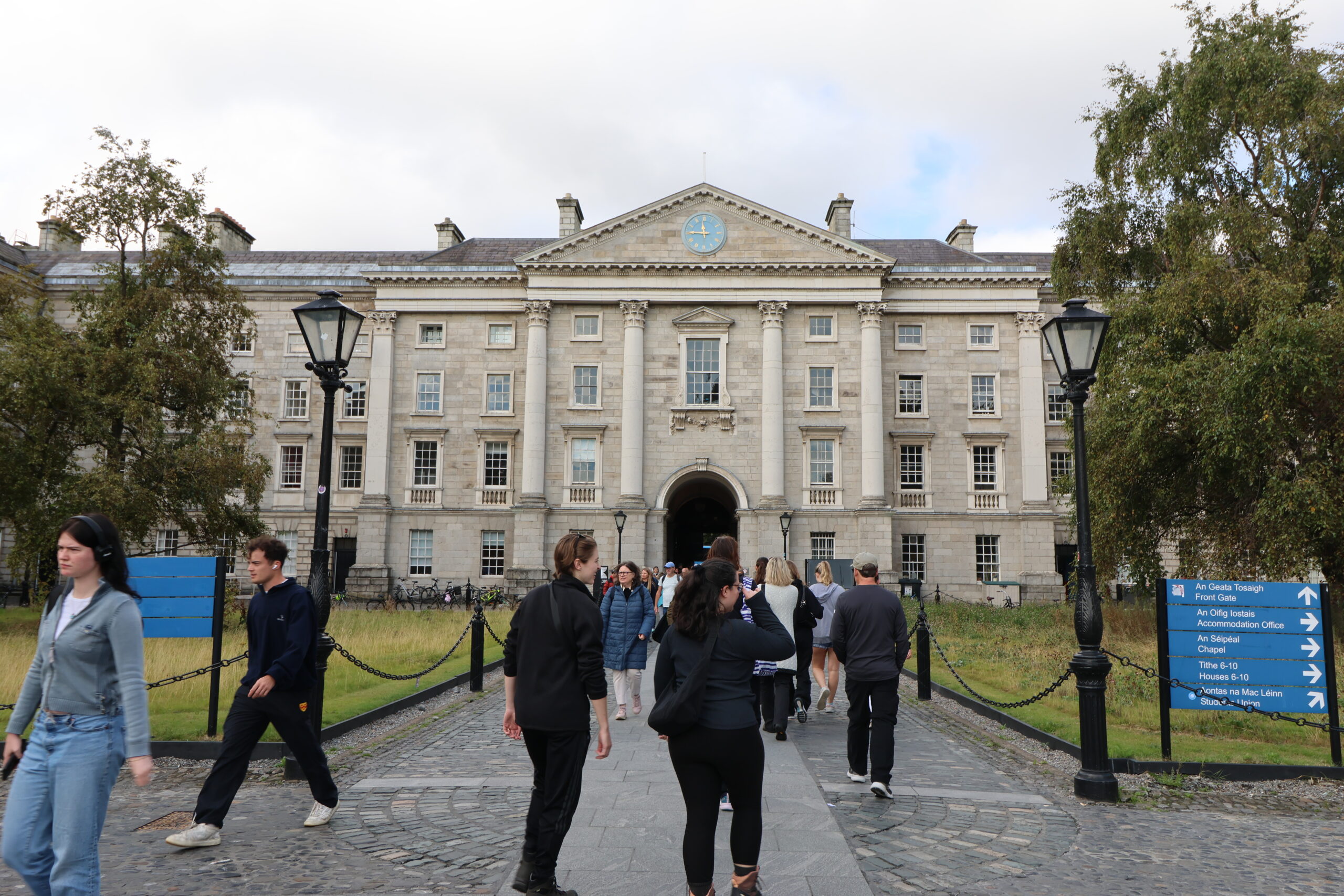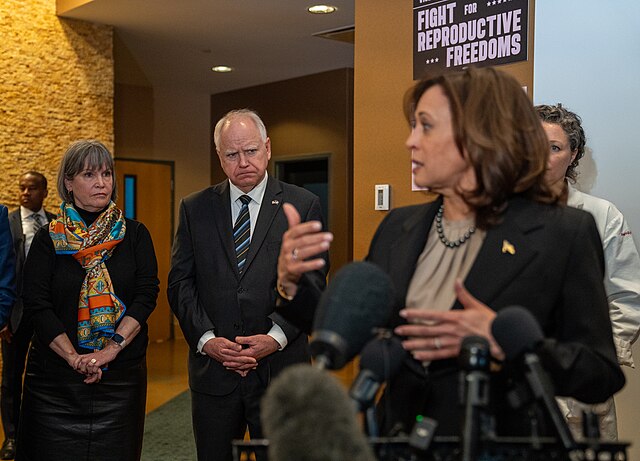Since the ‘Gaza Solidarity Encampment’ began on the lawns of Columbia University in the early hours of Wednesday morning, 108 students have been arrested and more than 50 suspended. The university’s president, Minouche Shafik, summoned police clad in riot gear to campus, where they led away students who had erected tents on the lawns, asking that Columbia end its investment in Israel. The NYPD characterised the protesters as “peaceful”, and acknowledged that any danger associated with the encampment was alleged by Columbia administration as opposed to the police force – Shafik wrote a letter to the NYPD requesting their “help to remove these individuals” whose actions she claimed “pose a clear and present danger to the substantial functioning of the University”. It seems a “functioning” university, according to Shafik, is one which refuses to respect students’ voices or safety. It is, apparently, not dysfunctional to have students led away from their place of education in handcuffs, or evicted from their student housing with less than 24 hours notice.
Columbia has previously been criticised for alleged attempts to silence pro-Palestinian voices on campus; the New York Civil Liberties Union filed a lawsuit in March over what they deem an “unlawful” suspension last November of Students for Justice in Palestine (SJP) and Jewish Voice for Peace (JVP), two groups also involved in this week’s encampment. The encampment’s main aim – among others – is that Columbia cut its ties to Israel. Columbia currently invests significant amounts of money in companies which support Israel, and the university announced earlier this month that it is launching “a new Columbia Global Center in Tel Aviv to build on its existing collaborations in Israel and facilitate further engagement and partnerships”. Columbia University Apartheid Divest (CUAD) explained in their original divestment proposal that “Palestinian students at Columbia would be effectively barred from taking classes on the Tel Aviv campus due to Israeli government policies that amount to segregation. Thus, the Tel Aviv Global Center would blatantly violate Columbia’s own policies, values, and purported commitments to anti-discrimination.” The student body voted in favour of divesting from “companies that profit from or engage in the State of Israel’s acts towards Palestinians” in 2020. The university’s then-president refused to implement the divestment.
In 2022, Trinity confirmed it had divested from arms and weapons companies. Some of these companies that Trinity has stopped financially supporting, such as Lockheed Martin – a weapons manufacturer which supplies Israel with fighter jets – are among those Columbia is being called on to withdraw their investments from. Despite the divestment, Trinity still receives more than €2.5 million for research projects involving Israeli institutions, and The Ditch reported in February that the Trinity College Endowment Fund continues to invest in 13 Israeli companies, including three that “feature on a UN blacklist”. Last month, almost 400 researchers and staff at College demanded that the university “commits to reviewing Trinity’s ties with Israeli institutions and organisations and eliminates any potential complicity in genocidal actions, support for genocide, or incitement to genocide”. They also requested that College call for a ceasefire and condemn the attacks on Palestinians. Were Trinity to communicate disapproval of Minouche Shafik’s actions in suspending and arresting students participating in a peaceful pro-Palestine protest, then, College would be supporting the desires of swathes of their staff to take a stance against Israel’s actions. Additionally, they would add their voices to those of professors at the university and associated groups across the US who have condemned Columbia’s response to the encampment.
They would also be directly supporting the safety and freedom of their students at Columbia. Trinity is also closely affiliated with Columbia University through its Dual-BA and International Exchange programs. The Dual BA program allows students to study for two years at Trinity before spending the final two years of their degree at Columbia. Roughly 20 students partake in the Dual BA each year, and many continue to fulfil requirements from Trinity while studying at Columbia. Trinity also sends a crop of students – including myself – to Barnard College at Columbia University each spring semester, and accepts a handful of Barnard students to Dublin in return. There are, therefore, a considerable number of Trinity students currently at Columbia and potentially involved in its protests (I am hesitant to confirm the involvement of any students due to the suspensions that have been given to many of those participating). As Columbia forces its students to choose between their ethics and their education, their schooling and their safety (a student was led away from the lawns on a stretcher on Sunday after students were forced to take down their tents and therefore had no access to shade on a hot day), Trinity must show that it stands with its students, and therefore – more importantly – with the people of Palestine.








